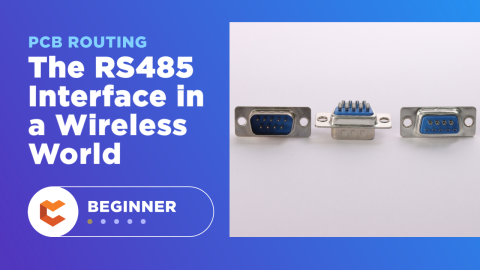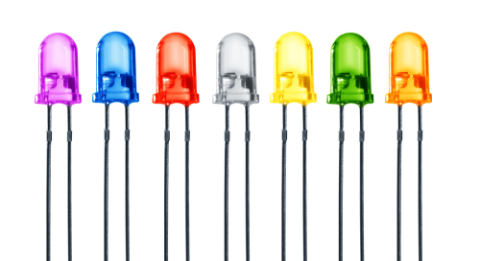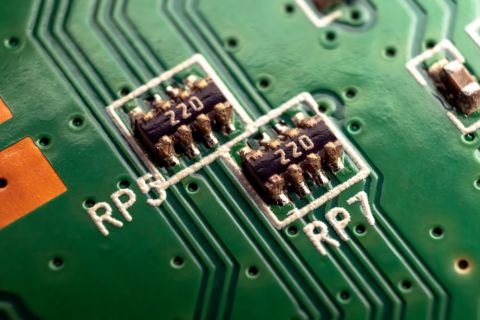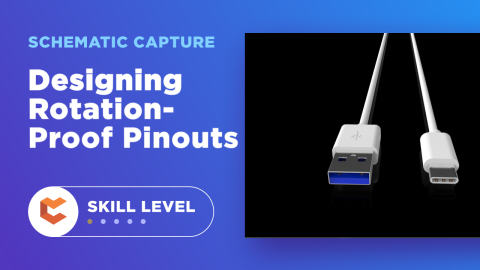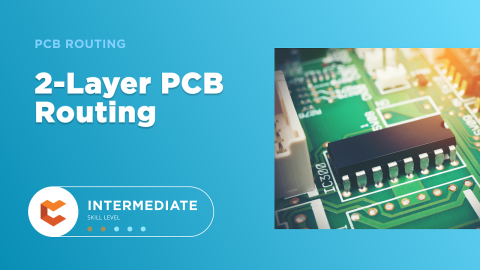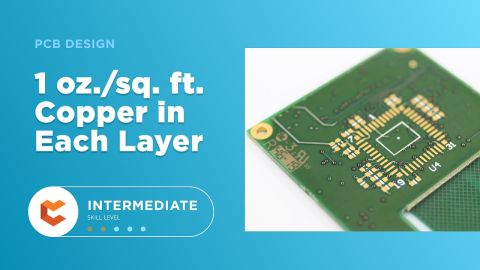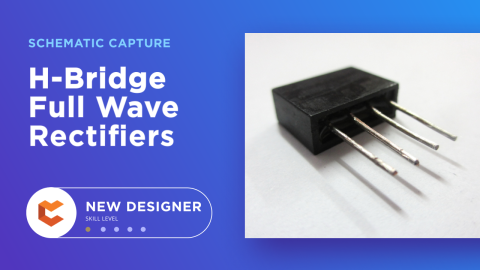2018 Olympics: Intel Will Showcase Future PCB Technology in Electronics and Communication
Editorial credit: lazyllama / Shutterstock.com
I love watching the Olympics. It’s exciting to see the best athletes from each country test their skills against one another. The Olympics are also a forum for host countries to showcase everything that they’re capable of. In the 2018 Olympics countries aren’t the only ones who will be showing off. Intel recently announced a partnership with the International Olympic Committee (IOC) that will let them show off their latest and greatest technologies. Two of the main advances they’ll be exhibiting are 5G and machine learning. Many tech companies are currently competing in the race to develop these technologies. The 2018 Olympics will give future skills forum Intel the opportunity to establish itself as a gold medalist in the systems that will enable things like self-driving cars, smart cities, and the Internet of Things (IoT).
5G
I’ll never forget the year I saw Michael Phelps break multiple world records in Beijing. It’s so exciting to see someone push the bounds of human speed. That being said, my excitement about world records pales in comparison to my anticipation of Intel’s 5G exhibition. 5G is set to start coming online in 2018, and Intel plans to use the games as a demo for its 5G technology.
The demonstration actually started with Intel’s announcement of the partnership, which they live streamed using one of their 28 GHz prototype base stations. Intel claims that their base stations can currently achieve speeds of up to 3 Gbps. These kinds of speeds will enable things like autonomous vehicles and smart cities. Self-driving cars will need 5G speeds in order to connect cars to their environments. Autonomous vehicles could also use those connections to utilize cloud-based machine learning. The advanced driver assistance system (ADAS) enabled car market is growing, and Intel is looking to tap into it with 5G communication systems.
Connecting the Olympics with 5G will demonstrate Intel’s ability to provide IoT network coverage.
Automobiles won’t be the only thing using 5G to communicate. Cities are starting to look at incorporating thousands of sensor arrays into their infrastructure. These sensors will have to talk to each other and other devices over low-power wide area networks (LPWANs) in order to operate. The games will let Intel display how well their 5G technology works in a city.
Machine Learning
I find it incredible that athletic performance as a whole is always increasing and breaking world records. Human potential has yet to peak. However, science has helped us learn more about our bodies and develop methods to help us jump to greater heights. Similarly, machine learning will help electronics evolve. Autonomous vehicles will need machine learning in order to gain full autonomy. IoT devices will also greatly benefit from artificial intelligence (AI).
Intel plans to use machine learning to help display statistics and compare players.Another use of deep learning is in self-driving cars. Vehicles will need machine learning in order to react to novel problems on the road, instead of simply using pre-processed data. Machine learning has been hindered due to computing and power requirements, but 5G could solve that problem by bringing cloud computing to the road. By showcasing their 5G and machine learning capabilities, Intel will show automakers that they can provide solutions for autonomous vehicles.
Intel is sprinting toward the future of machine learning.
The IoT has exploded in recent years but has yet to deliver on all of its promises. It seems we’re getting more useless devices than life-changing gadgets. Machine learning could change all that by using sensors to give gizmos a semblance of awareness. Intel plans to implement machine learning in its VR broadcasts. This will show potential customers that they are able to deploy deep learning in multiple discrete electronics, just like an IoT network.
While athletes from every country are competing for medals, Intel will be racing to show its cutting-edge technology. There’s more at stake than just prowess as they try to grab market shares in the areas of autonomous vehicles, smart cities, and the Internet of Things. The Olympics is the perfect opportunity to show the world their applicable systems.
If future skills forum Intel is going to power the Olympics, they’re going to need PCBs. Hopefully designed by you. If you want to design next-generation boards you’re going to need advanced software with easy-to-use design tools. When you need to access an easy-to-use PCB layout tool that includes everything needed to build high-quality manufacturable circuit boards, look no further than CircuitMaker. In addition, to easy-to-use PCB design software, all CircuitMaker users have access to a personal workspace on the Altium 365 platform. You can upload and store your design data in the cloud, and you can easily view your projects via your web browser in a secure platform.
Start using CircuitMaker today and stay tuned for the new CircuitMaker Pro from Altium.

